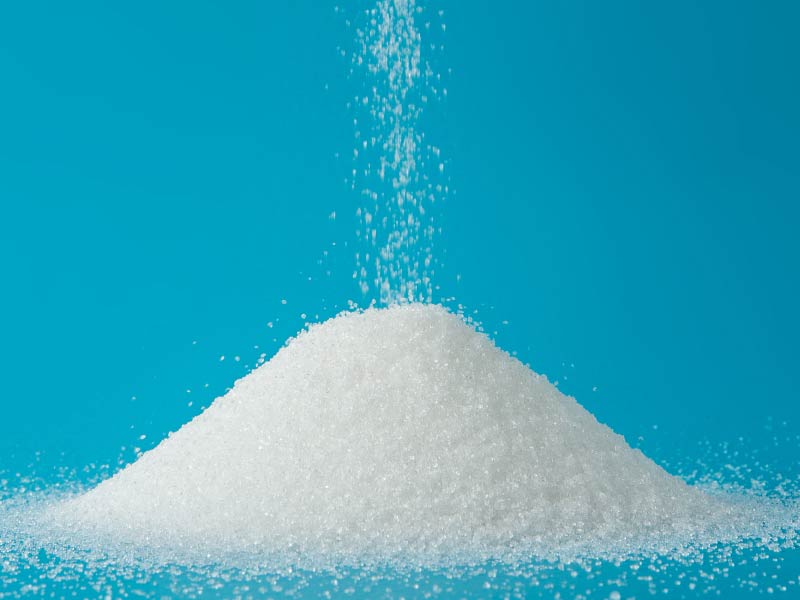Study: Massive health gains from new food labels with sugar details
By American Heart Association News

New nutrition labels listing added sugars on packaged foods and drinks could prevent nearly a million cases of cardiovascular disease and Type 2 diabetes in the United States and save tens of billions of dollars in health care costs, a new study says.
And if, as expected, the labels also prompt manufacturers to cut down on the amount of sugar they add, the benefits could be double, according to the study published Monday in the American Heart Association's journal Circulation.
The Food and Drug Administration announced an updated Nutrition Facts label – the familiar black-and-white box that lists serving size, calories and more – in 2016. The new label, which included added sugars, originally was to be phased in starting last year. But the FDA gave food manufacturers an extension: Those with $10 million or more in annual sales aren't required to switch to the new label until 2020; manufacturers with less than $10 million have until 2021 to comply.
The old nutrition labels lumped all kinds of sugar into the same category. The new labels will help people distinguish naturally occurring sugars – such as the fructose in fruit or the lactose in milk – from added sugars, which show up on ingredient labels with names such as high fructose corn syrup, dextrose or fruit juice.
Studies have shown that excess added sugars, particularly from sugar-sweetened beverages, are a major risk factor for cardiovascular disease and Type 2 diabetes.
Americans consume more than 300 calories per day from added sugars. AHA guidelines recommend that men have no more than about 150 calories a day from added sugars. (That's 36 grams, or 9 teaspoons.) Women, and children ages 2 to 18, should have no more than 100 calories of added sugars a day. (That's 25 grams, or 6 teaspoons.) Children younger than 2 shouldn't have any.
Americans have been consuming less added sugar, mostly as they cut back on sugary drinks, their primary source for it. The next-largest sources of added sugars in Americans' diets are cookies, cakes and pastries, candies and ice cream. But such sugars also show up in everything from barbecue sauce to hamburger buns.
The study assumed the new labels would have a "modest effect" on eating habits and lead people to reduce calorie intake by 6.8%.
"We and others have shown that food labeling can be an effective strategy to support informed consumer choice and effectively change consumer behavior," Dr. Renata Micha of the Friedman School of Nutrition Science and Policy at Tufts University in Boston said in a news release. Micha was one of the study's senior authors.
The researchers predicted that by 2037, the added sugars label could prevent 354,400 cardiovascular disease cases and lead to 599,300 fewer cases of Type 2 diabetes. The estimated reduction in net health care costs would be more than $31 billion, after policy costs have been factored in, and not including societal costs, such as lost productivity.
The effect could be much greater. Micha noted that when the U.S. required nutrition labels to list trans fats, many manufacturers reduced or removed them. "That suggests that mandated labeling of added sugars content would stimulate the food industry to reduce sugar in their products," she said.
If food and beverage-makers do reformulate their products, the effect on Americans' health would roughly double, with 708,800 fewer cases of cardiovascular disease, 1.2 million fewer diabetes cases and with net health care cost savings of more than $57 billion.
Even that might be an understatement. "Our findings may be conservative and underestimate the full health and economic impacts," Micha said, because the model only evaluated the effect of reducing diabetes and cardiovascular disease. So additional health benefits and cost savings are possible.
The FDA said some food makers already have started using the new labels. When the label change was delayed in 2017, the grocery industry said the extra time would help prevent consumer confusion and keep costs down.
Noting such delays, the study's authors wrote, "Our findings highlight the need for timely implementation to maximize health and economic gains."
If you have questions or comments about this story, please email [email protected].



